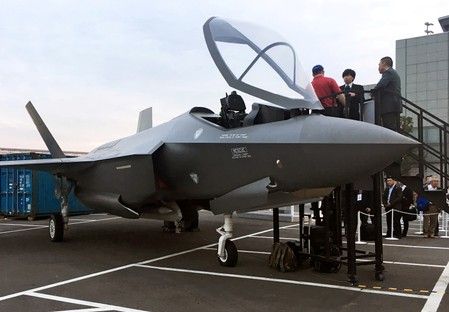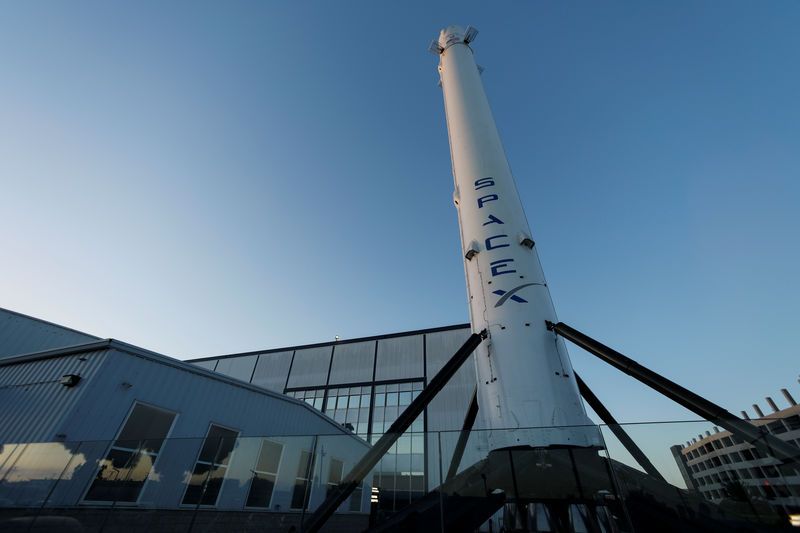TOKYO, Aug 30 (Reuters) – Japan’s military has asked for an eighth straight annual increase in defence spending to help pay for U.S.-made interceptor missiles, stealth fighters, and other equipment it wants to counter threats from North Korea and China.
The Ministry of Defence budget proposal released Friday calls for spending to increase 1.2 percent to a record 5.32 trillion yen ($50.48 billion) in the year starting April 1. Finance ministry officials will scrutinise the request before it is approved by Prime Minister Shinzo Abe’s cabinet.
Already one of the world’s biggest military spenders despite a constitution that forbids the possession of weapons to attack other countries, Japan has increased military outlays by a tenth over the past seven years. That growth is being driven by alarm over military build ups by its neighbours.
Japan’s spending, much of it on advanced weapons from the United States, has benefited the likes of Lockheed Martin Corp and Raytheon Co, and worried local contractors such as Mitsubishi Heavy Industries who have seen their share of defence spending shrink.
U.S. President Donald Trump has thanked Japan for buying the expensive U.S. equipment, helping curtail criticism of Japan amid trade tensions between Tokyo and Washington.
For the next fiscal year, Japan’s defense officials have asked for 115.6 billion yen to buy nine Lockheed Martin F-35 stealth fighters, including for the first time six short take-off and vertical landing (STOVL) B variants that it wants to operate from aircraft carriers. That purchase will help Japan project military power by extending the range at which the country’s Self Defense Forces can operate.
The defence ministry also wants 116.3 billion yen to bolster ballistic missile defences (BMD), including money for a new generation of interceptor missiles designed by Raytheon to shoot down incoming warheads in space. It also wants funds for vertical launch systems for ships and two planned ground-based Aegis Ashore radar missile tracking stations.
($1 = 105.3900 yen)
(Reporting by Tim Kelly; Editing by Michael Perry)



